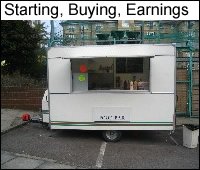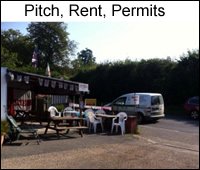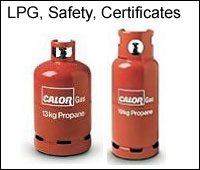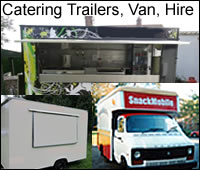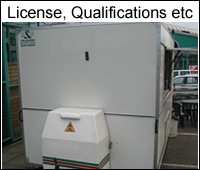I Have a Catering Trailer on Private Land
by S driver
(Ramsgate kent )
I have a food trailer on private land and have had the council threaten enforcement for me to move by the 9th May and that I don’t have planning permission for this trailer I was under the impression being a mobile trailer that I did not need this permission as I have my health and hygiene level 2 public liability insurance, etc. Is there anything I can do to stop the council forcing me off the land as I have the owners consent to trade.
Comments for I Have a Catering Trailer on Private Land
|
||
|
||


